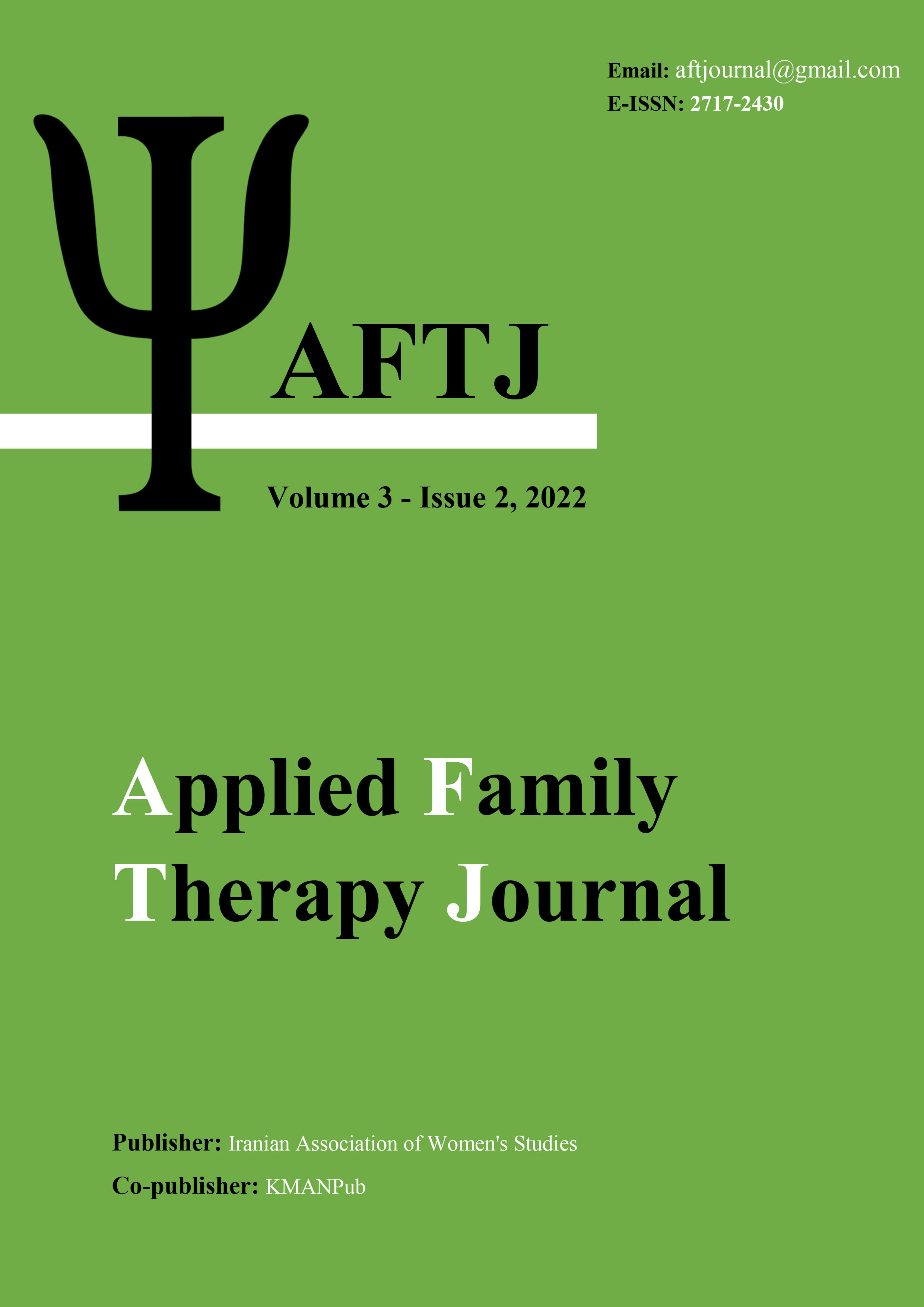The effectiveness of the emotional education model based on Davanloo's psychoanalysis on academic self-regulation and academic achievement
Keywords:
Psychodynamics, self-regulation, academic achievement, excitementAbstract
Aim: the purpose of current study is to determine the effectiveness of the emotional education model based on Davanloo's psychoanalysis on academic self-regulation and academic achievement. Method: The design of this quasi-experimental study was a pre-test/post-test with the control group. In the second semester of 2018-2019, which had a grade point average (two consecutive semesters) of less than 12, 40 students were selected as the research sample. They were then randomly divided into two groups of 20 as experiments and controls. 40 students from Tehran University of Medical Sciences, School of Rehabilitation, and University of Tehran psychology and educational sciences faculty were selected by available sampling method in the second semester of 1397-98. All participants had a grade point average (GPA) of less than 12 (out of 20) in their last two consecutive semesters. They were randomly assigned into one experimental and one control group (20 participants each). The research instruments were the academic self-regulatory questionnaire (Ryan and Connell, 1989), the grade point average, and the researcher-made emotion education protocol based on Dovanloo psychodynamics. Research data were analyzed using descriptive indicators and analysis of covariance. Results: The findings showed that the mean post-test scores in the experimental group increased in the overall scores of academic self-regulation, identified regulation, and intrinsic motivation, as well as the grade point average of academic achievement. On the other hand, the internal and external adjustment variables are reduced (p <0.01). Conclusion: By educating and increasing people's awareness of feelings, anxiety, and defense mechanisms, academic self-regulation, and academic achievement can be enhanced in them.
Downloads
Downloads
Published
Issue
Section
License

This work is licensed under a Creative Commons Attribution-NonCommercial 4.0 International License.





















